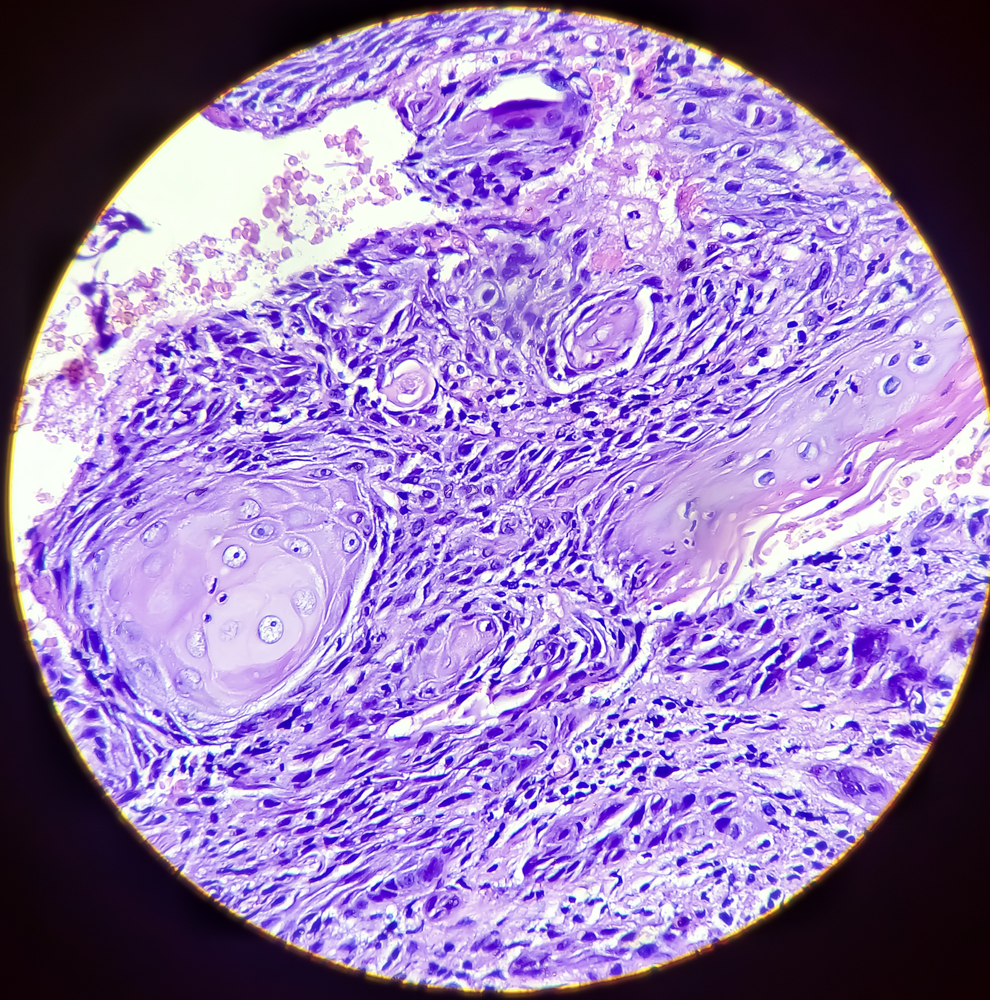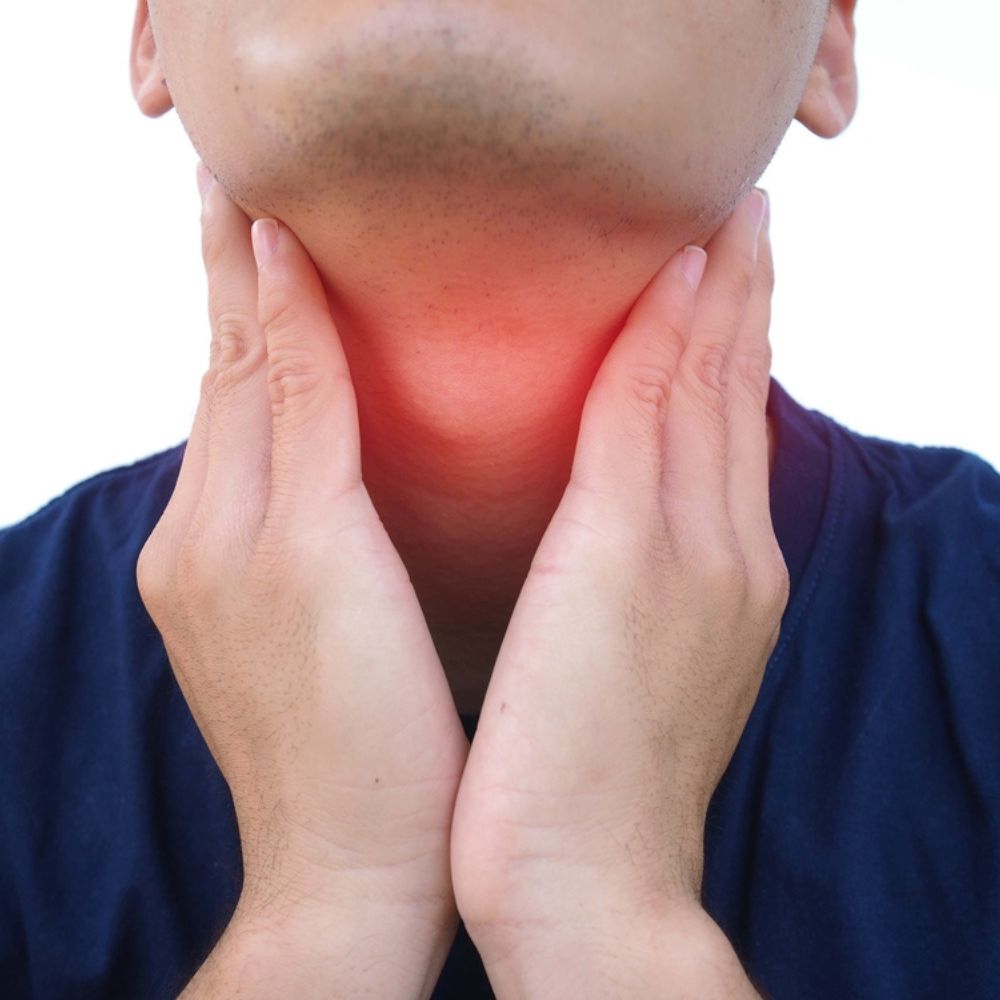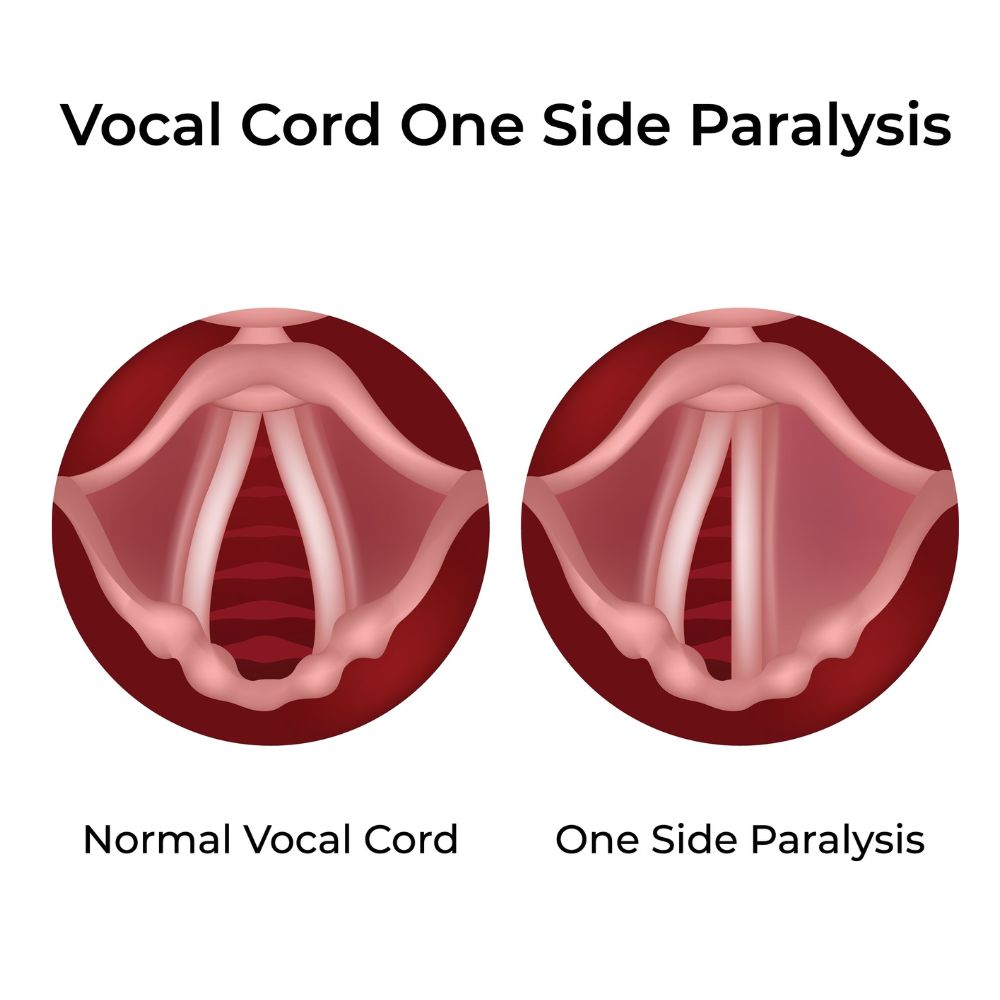Compared to the average person, the prevalence of voice problems has been shown to occur more in singers, including both professional and amateur.
A sudden or ongoing loss of singing ability is often caused by a voice disorder. These problems can affect how your vocal cords work, making it harder to control pitch, volume, or tone. Singers may notice changes like hoarseness, pain, or a reduced vocal range.
Penn Medicine Becker ENT & Allergy offers expert care for singers with voice issues. Our team provides accurate diagnosis and treatment options to help restore vocal function and support long-term vocal health.

Voice Problems Can Happen Suddenly in Singers
- Voice disorders in singers can be caused by issues like vocal nodules, polyps, or laryngitis—Adele famously canceled shows due to vocal cord issues.
- Singing too much or with poor technique can damage the vocal cords, as seen with Sam Smith, who needed surgery for vocal cord hemorrhaging.
- Stress can contribute to laryngitis by tightening throat muscles and weakening the immune system, making singers more prone to infections.
- Symptoms like hoarseness, throat pain, or losing pitch range may signal a voice disorder, like those experienced by Julie Andrews after vocal surgery.
- If your voice doesn’t improve or worsens, it’s important to see a voice specialist—many professionals helped artists recover from vocal strain.
What is a Voice Disorder?
A voice disorder, as defined by the Journal of Voice, is a medical condition that significantly impacts the production of speech and singing voice. This disorder can be a result of various factors affecting the vocal cords, also known as vocal folds, which are the integral structures in the voice box that vibrate to produce sound.
When these vocal folds encounter pathologies such as damage or dysfunction, it can lead to a voice disorder. These manifestations can include changes in the quality of voice, pitch, volume, and the ability to sustain a note, often leading to voice loss.
The National Institutes of Health and other healthcare publications have conducted numerous clinical studies to better understand these complex voice disorders.
Common Voice Disorders in Singers

Laryngitis
Laryngitis, a common voice disorder among singers, is characterized by the inflammation of the larynx, also known as the voice box. This condition is typically triggered by a virus, vocal fatigue due to overuse of the voice, or exposure to irritating substances such as smoke or allergens.
This can result in a hoarse voice after singing, voice loss, or even a complete inability to sing at all, or other voice problems, significantly impacting the quality of the singing voice. In severe cases, laryngitis can also cause discomfort, such as a sore throat or the need for frequent throat clearing.

Vocal Polyps
Vocal polyps are noncancerous growths that develop on the vocal cords, a critical component of the voice box. These growths can significantly alter the quality of voice, often causing it to sound breathy, hoarse, or rough, which can cause voice problems for professional voice users such as singers.
The prevalence of voice disorders like vocal polyps is quite high, especially among individuals who frequently strain their vocal cords. This strain can be due to various factors, including singing styles, level of training, and even the type of singing voice, such as classical singer or professional singer.

Vocal Nodules
Vocal nodules, often referred to as singer’s nodules, are callous-like growths that occur on both vocal cords due to chronic vocal abuse or misuse. If your voice hurts when singing, these nodules might be the cause.
These nodules, which are one of the common voice disorders, are typically the result of prolonged periods of excessive vocal effort, such as loud singing or frequent throat clearing.

Vocal Cord Paralysis
Vocal cord paralysis, a complex voice disorder, is a condition where one or both vocal cords are unable to move. This vocal cord disorder can significantly impact the singing voice, particularly in professional singers and other professional voice users.
Find your voice again: Get help for singing troubles
If you’re struggling to sing like you used to, our voice experts can help you get back on track.
Causes of Voice Disorders
Respiratory Infections and Viruses
For professional singers, including classical singers and vocal athletes, respiratory infections and viruses pose a significant risk to their vocal health. These health conditions, often overlooked as minor issues, can lead to serious complications such as voice loss and abnormal voice quality.
Medical Conditions
Various medical conditions can significantly impact the vocal cords and the voice box, leading to a range of voice disorders in singers. These health conditions can cause vocal fold pathologies, which can alter the quality of voice, induce vocal strain, and even lead to vocal cord paralysis.
Conditions such as asthma, gastroesophageal reflux disease (GERD), and allergies can irritate the vocal folds, leading to disorders like laryngitis or vocal nodules. More complex voice disorders can arise from thyroid disorders, neurological conditions, and certain types of cancer.
Stress and Fatigue
Stress and fatigue are not just minor inconveniences but major issues that can significantly contribute to the development of voice disorders in singers. When a singer is under stress, the body’s response can lead to muscle tension in the throat and vocal fatigue.
In fact, stress can cause laryngitis. This tension can affect the voice box, or larynx, altering the vocal fold vibration and leading to an abnormal voice quality, such as a hoarse voice or even voice loss.
Fatigue, on the other hand, can weaken the muscles involved in voice production, leading to a tired-sounding voice or difficulty maintaining a note.
Overuse of the Vocal Cords and Poor Technique
Overuse of the vocal cords and poor technique are common causes of voice disorders in singers. This can lead to conditions like vocal fold nodules, vocal fold paralysis, and even loss of singing voice.
Professional singers, often considered vocal athletes, are particularly at risk and should seek regular voice assessment from voice specialists or speech-language pathologists.
Voice therapy, including resonant voice therapy and conversation training therapy, can be beneficial in the treatment of voice disorders caused by overuse or poor technique.
Surgical trauma or complications
Sometimes, surgery can affect your voice—especially if it involves the neck, throat, or chest area. Surgeries like thyroid procedures or anything near the vocal cords can accidentally damage the nerves that control your voice. This can lead to hoarseness, trouble hitting certain notes, or even complete voice loss.
For singers, even a small change in vocal quality can make a big difference. If your voice hasn’t felt right after surgery, it’s important to see a voice specialist to figure out what’s going on and how to treat it.
Don’t ignore sudden voice changes
Singers trust our voice experts to find the cause and get them back to performing.
Symptoms of Voice Disorders
Voice disorders can present with a variety of symptoms depending on the specific disorder and its severity. These can range from changes in voice quality to physical discomfort.
Hoarseness or Roughness of the Voice
One of the most common symptoms of a voice disorder is a change in the voice quality. This could manifest as hoarseness, where the voice sounds rough, scratchy, or strained, or as breathiness, where too much air is escaping during speech, resulting in a weak or soft voice.
Painful Throat or Neck Muscles
Voice disorders can also lead to physical discomfort, which can manifest in various ways. For instance, individuals with voice disorders may experience a painful throat, a symptom often associated with conditions like laryngitis or vocal cord disorders. This is often a result of increased vocal effort or phonatory effort, as the individual attempts to compensate for the voice disorder.

Loss of Range or Pitch Control
For singers, both professional and amateur, a significant symptom of a voice disorder is a loss of range or pitch control. This can be particularly distressing for individuals who rely on their singing voice for their profession or passion. The loss of range can manifest as an inability to reach the high notes that were once easily attainable, or a difficulty in maintaining a steady pitch while singing.
Singers who have lost their voice altogether may be experiencing a more serious vocal condition that requires evaluation by a voice specialist.
Difficulty with Breathing and/or Speaking
Voice disorders can sometimes lead to complications that extend beyond the voice box, affecting an individual’s ability to breathe or speak. These complications can be particularly challenging for professional voice users, such as singers, who rely heavily on their vocal health for their careers.
Diagnosis of Voice Disorders
Diagnosing a voice disorder is a comprehensive process that necessitates a meticulous evaluation by a voice specialist, such as a voice pathologist or an ear, nose, and throat (ENT) specialist.
This process often begins with a detailed medical history, where the specialist gathers information about the individual’s vocal health, including any previous voice disorders, the prevalence of voice disorders in their profession, and any potential risk factors.
This could include factors such as the level of training the individual has received, their singing style, and the amount of vocal effort or phonatory effort they typically exert.
When to Seek Help from a Voice Pathologist
If you notice persistent changes in your voice, such as hoarseness, breathiness, difficulty hitting high notes, or are experiencing any loss of voice, it may be time to seek help from a voice pathologist. Singers are advised to seek immediate medical attention from health care providers or voice specialists for a comprehensive voice assessment and appropriate treatment of voice disorders.
Compared to the average person, the prevalence of voice problems has been shown to occur more in singers, including both professional and amateur. Both of these groups often experience changes in their voice that can affect their singing ability during performances. These changes can be due to various factors, including voice disorders.
Understanding what voice disorders are, their common types, causes, symptoms, and when to seek professional help can help singers effectively manage and treat these conditions to regain their singing prowess. If you’re looking for an ENT clinic in Sewell, NJ, Penn Medicine Becker ENT & Allergy serves the areas of Sewell, Washington, Wenonah, Winslow, and Hammonton. Contact us today and schedule a consultation.

